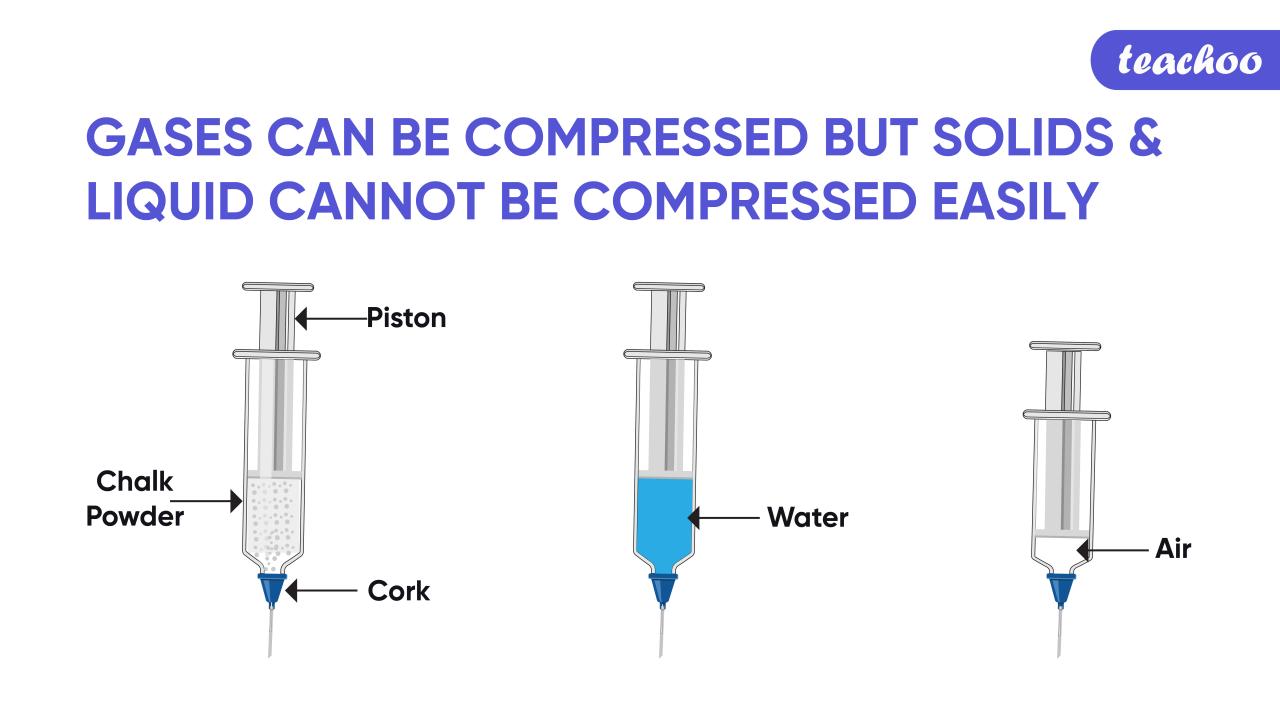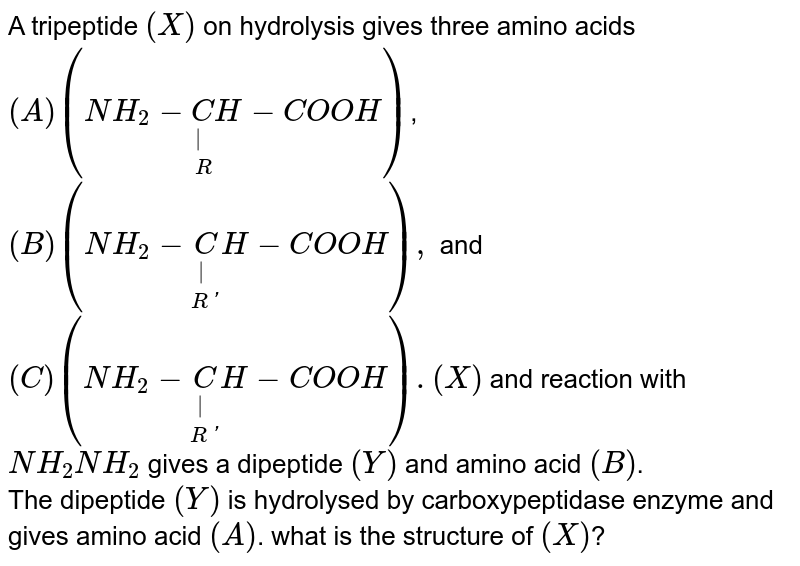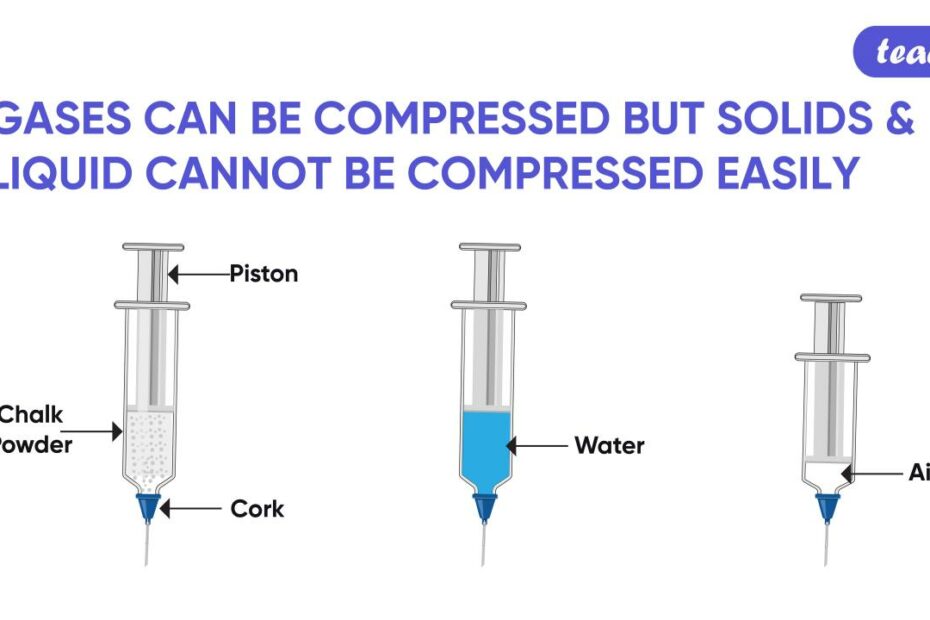Why Do Solids Not Compress: Exploring Incompressibility
Gases Are Easiest To Compress, Solids Most Difficult | Compressibility | Chemistry
Keywords searched by users: Why do solids not compress solids cannot flow because, why liquids cannot be compressed, can liquid be compressed, use particle theory to explain why solids and liquids cannot be compressed, cannot be compressed solid liquid or gas, gases can be compressed, why solid and liquid cannot be compressed, use particle theory to explain why liquids and gases can flow
Why Solids And Liquids Cannot Be Compressed?
Solids and liquids resist compression due to their fundamental molecular structure, characterized by closely packed atoms, ions, or molecules. When pressure is applied to these substances, their volume remains relatively constant because there is minimal space between the individual particles. This lack of space prevents the particles from moving closer together, resulting in little to no change in volume under pressure. This resistance to compression is a consequence of the strong intermolecular forces that hold the particles in place and maintain their close proximity. As a result, solids and liquids are virtually incompressible when compared to gases, which have more significant gaps between their particles and can be compressed more readily.
Why Are Liquids More Compressible Than Solids?
Liquids exhibit a higher degree of compressibility compared to solids due to several key factors. One significant factor is the relatively larger intermolecular spacing between liquid particles compared to solids. In solids, the particles are tightly packed, with minimal gaps between them, whereas in liquids, there is more room for individual molecules to move around, resulting in increased intermolecular space. Additionally, liquids generally have weaker intermolecular interactions compared to solids, which contributes to their enhanced compressibility. These reduced intermolecular forces in liquids allow their particles to flow more freely and be compressed to a greater extent when subjected to external pressure. In summary, the combination of greater intermolecular spacing and weaker intermolecular interactions in liquids makes them more compressible than their solid counterparts.
Collect 49 Why do solids not compress





Categories: Details 90 Why Do Solids Not Compress
See more here: tfvp.org

Because the particles can not move, solids have a definite shape and volume, and can’t flow. Because the particles are already packed closely together, solids can’t easily be compressed.If we put pressure on a solid or a liquid, there is essentially no change in volume. The atoms, ions, or molecules that make up the solid or liquid are very close together. There is no space between the individual particles, so they cannot pack together.This is because they have greater intermolecular space and less intermolecular interaction, allowing them to flow and compress.
Learn more about the topic Why do solids not compress.
- The solids cannot be compressed because: – Toppr
- Why solids and liquids cannot be compressed? – Quora
- Liquids are compressible than solids. – BYJU’S
- Solids, liquids and gases – Science Learning Hub
- Why can’t liquids be compressed? – Quora
- A liquid is highly compressible. – BYJU’S
See more: https://tfvp.org/category/science blog
